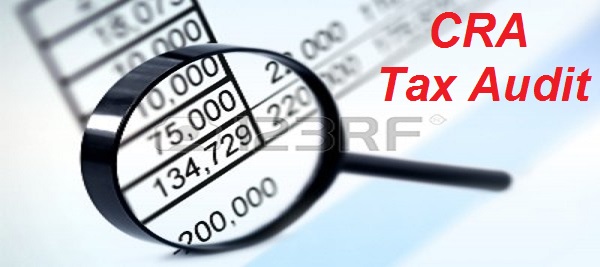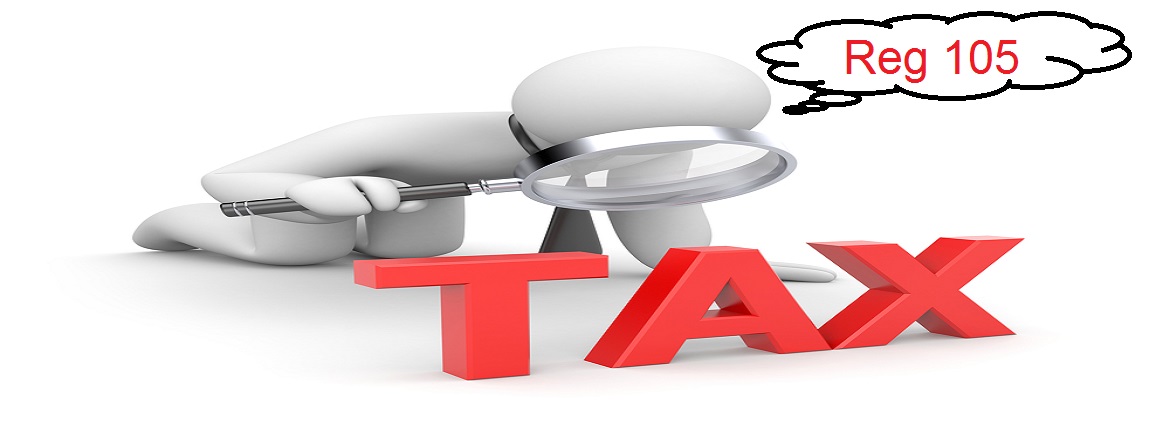What Are the Best Strategies to Handle A Tax Audit
Canada’s tax system is based on self-assessment. In order for the governments to maintain public confidence in the fairness and integrity of Canada’s tax system, the Canada Revenue Agency (the “CRA“) is empowered to audit taxpayers of their compliance of the Canadian tax laws. If you have received a notification letter from the CRA that you are selected for a tax audit, this article will give you an overview of the audit process, your rights and obligations as a taxpayer under audit and the strategies you can employed to handle the audit process with the objective to achieve the best possible tax outcome for your particular situation.
How does the CRA select files for audits?
If you want to avoid being audited by the CRA, you need to know how to get under the CRA’s radar. The CRA uses a risk-assessment approach to select files for audit. You are likely to be selected for audit if you are considered a high-risk taxpayer. Some of the common factors to trigger a tax audit include:
- tax returns with potential errors;
- business with recurring losses;
- any indications of aggressive tax planning, or non-compliance with tax obligations; or
- taxpayers standing out from the norm for their industry, their colleagues, or their neighbors.
What are your rights and obligations as a taxpayer under audit?
- If you are selected for a tax audit, you are legally obligated to cooperate with the CRA auditor. It is a criminal offence for refusing to cooperate with the CRA auditor.
- In addition, you are legally required to keep adequate financial records and make them available to the CRA auditor if they are relevant to the audit investigation.
- The CRA auditors owe a duty of care to you as a taxpayer under audit. This was a 2014 court finding awarded by the Supreme Court of Canada for the first time in Canadian common-law history.
- If assessed with penalties and interest, you may be eligible to seek relief for penalties and interest in certain circumstances.
How does the CRA conduct audits?
- The tax auditors perform either an office audit or a field audit. Majority of audits for individuals and small businesses are office audits where the auditors review the taxpayers’ records at the CRA office. For field audits, the auditors will come to taxpayers’ places of business at a pre-arranged time to meet with the taxpayers or their accountants and to review all necessary supporting documents required.
- During a tax audit, the CRA auditors will examine supporting documents such as ledgers, journal, bank statements, sales invoices, expense receipts and car logs etc. to ensure they support the taxpayers’ tax filings.
- When the auditors complete their work, the auditors usually communicate their findings either in a face to face meeting or over the phone.
- If the auditors find that the previous assessment is correct, the taxpayers will receive a completion letter and the audits will be closed. If the auditors find that the taxpayers either owed more taxes or entitled to a refund, the taxpayers will receive a proposal letter explaining the reasons for the reassessment. The taxpayers will have 30 days to agree or disagree the proposed reassessment. The CRA will consider the taxpayers’ response before issuing the final reassessment notice.
- If the taxpayers disagree with the reassessment, the taxpayers have 90 days from the date of the notice of reassessment to file an objection with the Appeal Divisions of the CRA.
How to achieve the best possible tax outcome?
There are definitely strategies you can employ to achieve the best possible tax outcome from the audit process.
- Read the CRA notification letter carefully and respond before the 30-day deadline. Ask for an extension if necessary. You can have a representative to represent you to communicate with the CRA auditor. Their representation fees are tax deductible.
- If you choose to represent yourself, understand your rights as a taxpayer will help you be better prepared when dealing with the CRA auditor. Make sure you read the “Taxpayer Bill of Rights Guide” published by the CRA. The Guide lists 16 rights that all taxpayers are entitled to when they deal with the CRA. The Guide also sets out the CRA’s five commitments to small businesses.
- Keep your financial records organized. Being organized in providing all requested information to the CRA auditor in a timely manner will lend you credibility as a responsible taxpayer.
- Be nice but yet on guard in dealing with the CRA auditor. Attend any interviews requested by the auditor or have your representative attend. Listen to what the auditor is saying. Do not volunteer irrelevant or additional information than necessary that can later be used against you.
- Actively engage with the CRA auditor. The CRA auditors tend to demand a lot more information when they do not understand your facts and transactions. It may help the CRA to narrow their focus of inquiry if you educate them about your business and operations, explain the facts, transactions and your position on how the law applies.
- Consult a tax accountant or lawyer if you ever have any doubt about the potential tax implications of answering a specific question or handing over a document. The key to ensure the audit will be conducted fairly and the best possible tax outcome will be achieved is to engage a tax professional as your representative to resolve all the tax issues identified by the CRA auditor.
- Keep a chronology of events during tax audit. Audit delays can lead to increased interest charges on additional tax assessed. If the CRA auditor causes delays, having evidence can be helpful in subsequently getting interest waived under the “taxpayer relief” rules.
We Can Help
We are a Toronto Chartered Accountant firm with 20 years of specialized experience in Canadian domestic and international taxation. We can assist with
- Cross border taxation;
- Business and succession planning;
- Canadian personal and corporate tax returns;
- Corporate tax planning and reorganization;
- Retirement planning;
- Estate planning and inheritance tax advice; and
- Tax audit dispute and resolution.
Contact us to schedule an appointment.
__________________________
The information in this article is general in nature and does not constitute professional advice. We recommend that you obtain the appropriate professional advice before acting on any of the information contained herein.




